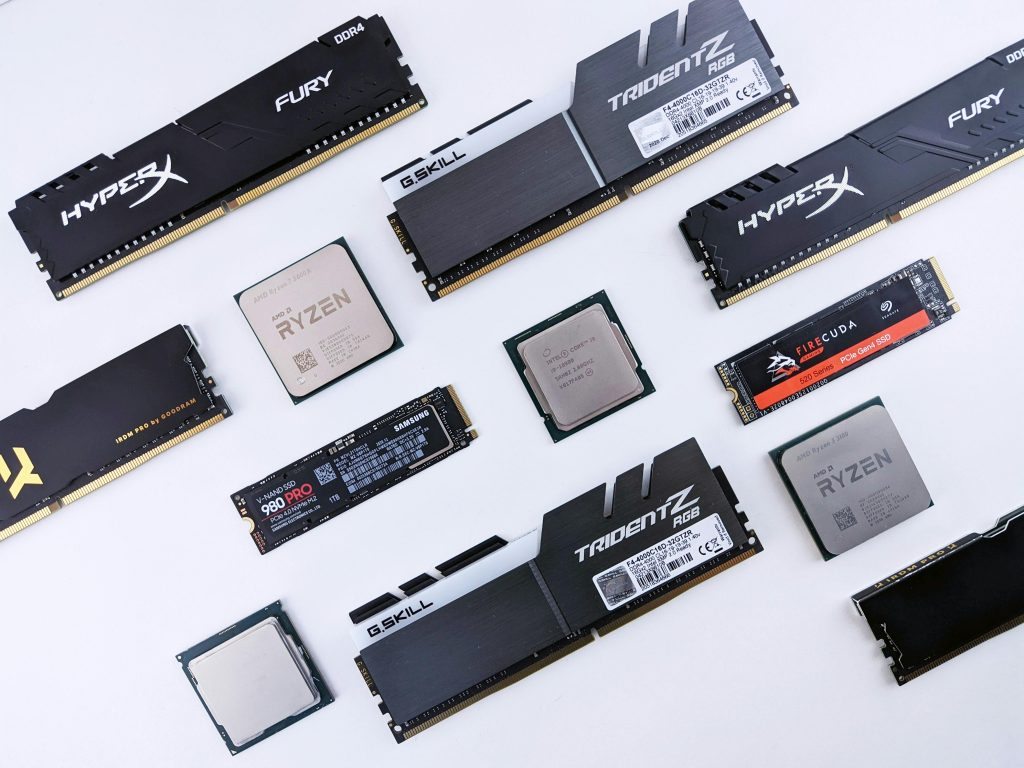The Future of Cybersecurity: Insights from Google’s Innovative Approach
In a recent exploration of Google’s Security Operations practices, a remarkable statistic caught my attention: a staggering 97% of their security events are handled automatically, leaving human analysts to engage with only 3% of incidents. This insight sheds light on the revolutionary strategies that are redefining the security landscape.
Several key aspects of Google’s SecOps approach stood out as particularly noteworthy:
-
Management of Extensive Linux Infrastructure: Google’s detection team operates the largest Linux fleet in the world, achieving an impressive average dwell time of just a few hours. This is a significant improvement compared to the industry standard, which often stretches into weeks.
-
Integrated Roles for Detection Engineers: Unlike many organizations that separate alert writing and triage, Google’s detection engineers are responsible for both tasks. This integration fosters a streamlined process and enhances the overall efficiency of their security operations.
-
Leveraging AI for Efficiency: By employing Artificial Intelligence, Google has managed to cut the time spent on executive summary writing by 53%, while maintaining a high standard of quality in their reports.
What resonates most profoundly is Google’s shift of security from a purely reactive function to an engineering-driven discipline. This transformation places emphasis on automation and coding skills, challenging traditional notions of what constitutes a successful security professional.
I’m curious to hear your thoughts: Do you believe that classic security roles will evolve into more engineering-focused positions in the coming years?
If discussions like this pique your interest, consider subscribing to my newsletter, where I share insights and trends for cybersecurity leaders every week. Join the conversation and stay informed at Mandos.io Newsletter.
Share this content:



